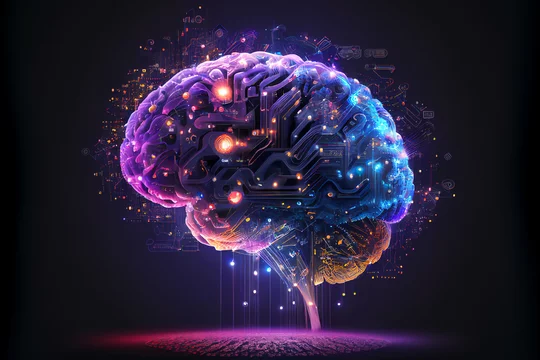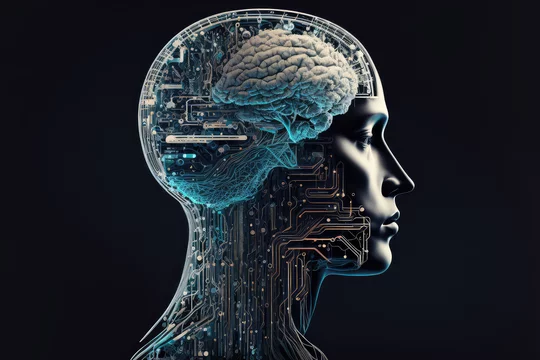The quest to create machines that think, learn, and adapt like humans has been a cornerstone of artificial intelligence (AI) research. Today, as businesses face increasing complexity and rapid change, the ability to infuse human-like decision-making and adaptability into workflows is not just a futuristic ambition—it’s a necessity. This paradigm shift is set to redefine how we perceive intelligent work, ushering in a new era of productivity and innovation.

The Need for Human-Like Intelligence in Workflows
Traditional workflow systems are often rigid, linear, and require constant human intervention for decision-making. These systems struggle to adapt to new information or changing conditions in real time. Here’s where human-like intelligence comes into play. By integrating advanced AI that mimics human cognitive processes, workflows can become more dynamic, efficient, and self-improving
The Impact of Human-Like Intelligence on Modern Workflows
Enhanced Efficiency and Productivity
By mimicking human cognitive processes, AI can handle complex tasks that traditionally required significant human input. This results in streamlined operations, faster decision-making, and higher productivity. For example, in manufacturing, AI can optimize production lines in real time, reducing downtime and increasing output.
Improved Decision Quality
AI’s ability to process and analyze large data sets surpasses human capabilities, leading to more informed and accurate decisions. In finance, for instance, AI-driven risk assessment models can predict market trends with greater precision, enabling better investment strategies.
Real-Time Adaptation to Change
Traditional systems often falter when faced with unexpected changes. Human-like AI adapts to new information swiftly, ensuring that workflows remain efficient and effective. In healthcare, AI can adjust treatment plans based on real-time patient data, improving outcomes.
Greater Innovation and Creativity
With AI handling routine tasks, human workers are freed to focus on innovation and strategic thinking. This not only enhances job satisfaction but also drives business growth through creative problem-solving and the development of new products and services

The Road Ahead: A New Era of Intelligent Work
The integration of human-like intelligence into workflows is more than just a technological advancement—it’s a revolution. As businesses across industries embrace this shift, we can expect a future where work is not only more efficient and productive but also more intelligent and adaptive.
By leveraging the power of AI to mimic human decision-making and adaptability, organizations can navigate the complexities of the modern world with greater agility and insight. This transformative approach is set to shape the future of work, unlocking new levels of innovation and success.
Conclusion
Human-like intelligence within complex workflows is a pathbreaking design that promises to reshape the landscape of intelligent work. As we continue to push the boundaries of what AI can achieve, the potential for creating more adaptive, efficient, and innovative workflows is immense. By embracing these advancements, businesses can position themselves at the forefront of the new era of intelligent work.
Discover how Ovonts’ Unified Cognitive Workflow Engine can transform your business workflows with human-like intelligence.
